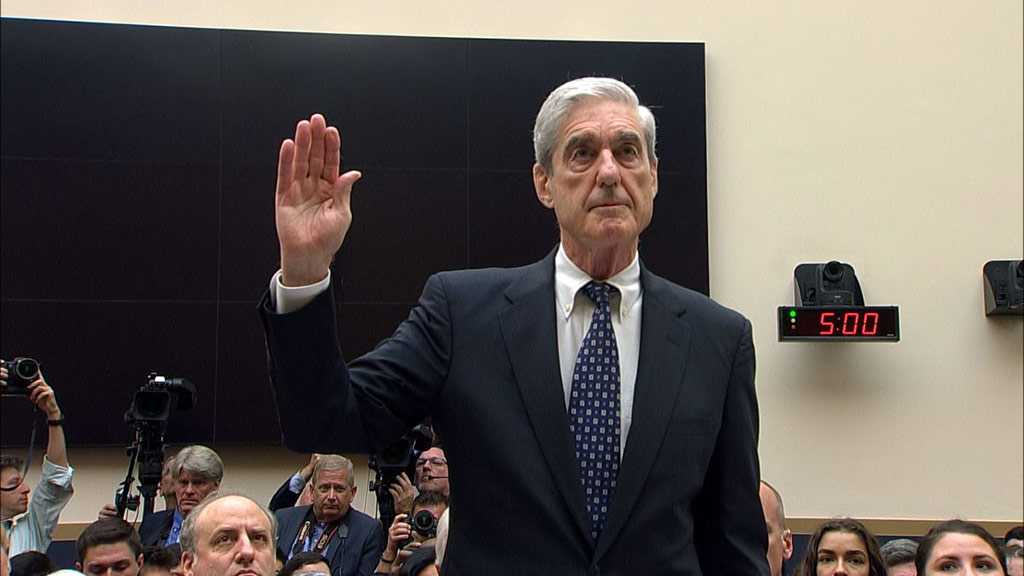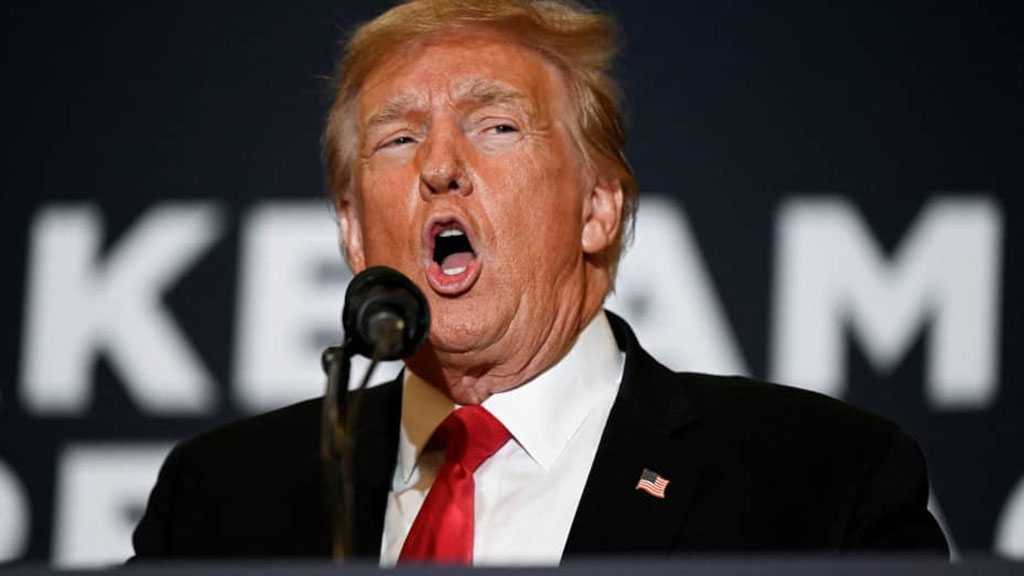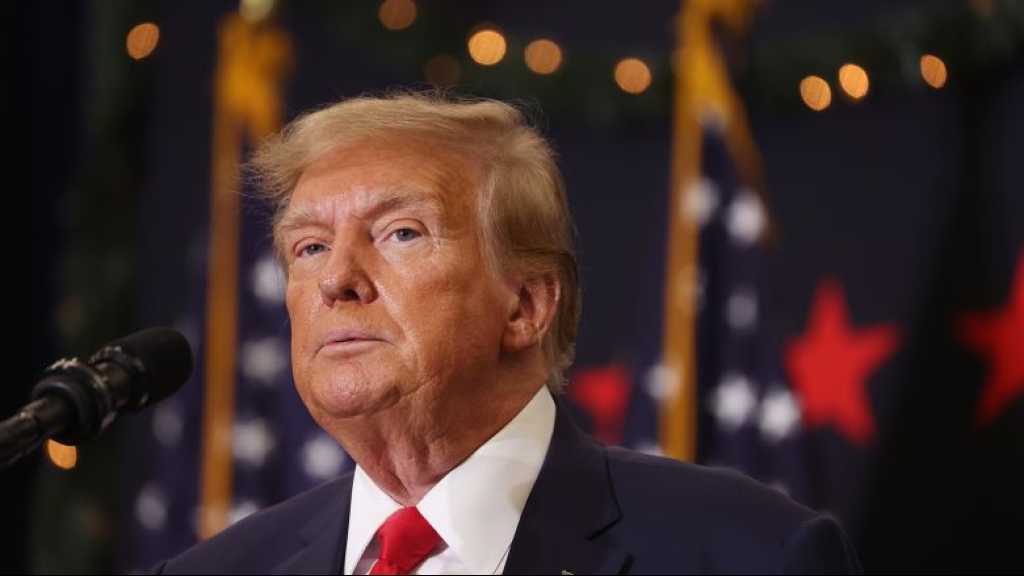
Mueller Testimony: Report Does Not Exonerate Trump, Rule Out Obstruction

By Staff, Agencies
Robert Mueller's long-awaited testimony to the US Congress opened Wednesday amid intense speculation over whether he would implicate President Donald Trump in criminal wrongdoing.
"The finding indicates that the president was not exculpated from the acts that he allegedly committed," Mueller said in the opening minutes of a closely watched hearing before the House Judiciary Committee.
Mueller said the president engaged in multiple acts that had the potential to exert undue influence over investigations into Russian election interference.
"Russian government interfered in our election in a sweeping and systematic fashion," Mueller said in his opening remarks as the testimony got underway.
Citing Justice Department “privileges concerning investigative information and decisions, ongoing matters within the Justice Department, and deliberations within our office,” Mueller said he would not be able to answer any questions about the origins of the Russia probe.
Mueller says report into Russian election meddling did not exonerate President Trump from crimes nor did they conclude that the president did not commit obstruction of justice.
Nadler asked Mueller shortly after the hearing began whether the former special counsel's report exonerated the president.
"No," Muller responded. "That is not what the report said."
"The finding indicates that the president was not exculpated from the acts that he allegedly committed."
Representative John Ratcliffe suggests Mueller was not tasked with investigating whether or not Trump was guilty of crimes.
Ratcliffe: "Nowhere does it say that the special counsel's job was to conclusively determine Donald Trump's innocence or that the special counsel's report should determine whether or not to exonerate him."
Ratcliffe, who is reportedly under consideration for a job in the Trump administration, remarked that Trump is "not above the law, but damn sure shouldn't be below the law."
He further argued that Trump was treated unfairly and held to a different standard than anyone else would be.
Citing Justice Department regulation preventing prosecution a sitting president, Mueller suggests that Trump can be charged after leaving the White House, though he refrained from saying whether should be prosecuted.
Rep. Louie Gohmert asked, "When you talked to President Trump the day before you were appointed as special counsel, you were talking to him about the FBI Director position, again, did he mention James Comey?"
"Not as a candidate," Mueller responded.
The president and Republicans have repeatedly argued that it is a conflict of interest for Mueller to have become special counsel after interviewing for FBI chief. This morning, Trump tweeted to that effect, saying he hopes Mueller doesn't disagree with the claims under oath.
Comments
- Related News



